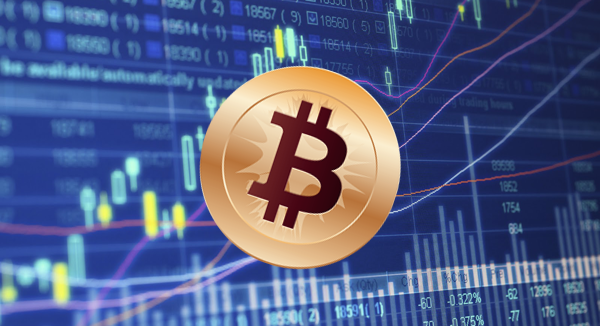
German Government’s Bitcoin Sell-Off Continues, Impacting Crypto Markets
The German government has been making waves in the cryptocurrency market as it continues to sell off a significant portion of its seized Bitcoin holdings. This ongoing liquidation, which began in June, has been a contributing factor to Bitcoin’s recent price volatility and overall market sentiment.
In January 2024, German authorities seized approximately 50,000 Bitcoins, worth around $2.2 billion at the time, from the operators of Movie2k.to, a defunct movie piracy site. This haul, dubbed the “Saxon treasure,” represented one of the largest cryptocurrency seizures in German history.
Since June, the government has been steadily selling these assets through various crypto exchanges and market makers. According to blockchain analytics firm Arkham Intelligence, the German government has transferred hundreds of millions of dollars worth of Bitcoin to platforms such as Coinbase, Bitstamp, and Kraken.
The scale of these sales has been substantial. On July 8, the government reportedly sold $900 million worth of Bitcoin. The following day, an additional $362 million in Bitcoin was moved to exchanges and trading desks. As of the latest reports, the German government still holds approximately $1.3 billion worth of Bitcoin, indicating that further sales may be imminent.
This large-scale liquidation has coincided with a decline in Bitcoin’s price. Since early June, Bitcoin has fallen by more than 15%, trading at around $57,000 as of the latest update. While other factors, such as the Mt. Gox bankruptcy repayments, have also influenced the market, the German government’s actions have undoubtedly played a role in shaping current crypto market dynamics.
The government’s decision to sell has not been without controversy. Some critics, including German parliament member Joana Cotar, have urged the government to retain the Bitcoin as a strategic reserve asset. They argue that this could be an opportunity for Germany to develop a more comprehensive cryptocurrency strategy and leverage its holdings in the evolving digital economy.
Despite the criticism, the German government appears set to continue its selling strategy. This situation highlights the potential market impact when large institutional players, including governments, enter or exit cryptocurrency positions. It also underscores the ongoing challenges faced by the crypto market as it navigates regulatory scrutiny and large-scale asset movements.





